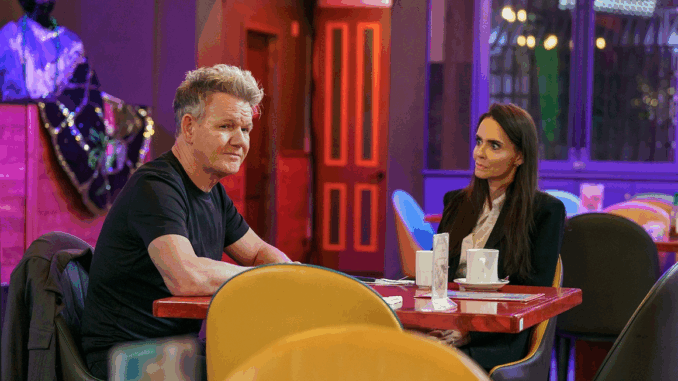
Gordon Ramsay isn’t just a chef; he’s a global culinary conglomerate. While his television shows continue to dominate airwaves, the true measure of his expanding empire lies in his relentless push into new territories and ambitious dining concepts, particularly within luxury hotels and unique, high-profile locations. Recent openings and announcements confirm Ramsay’s strategic vision: to embed his diverse range of restaurant brands into the fabric of the global hospitality industry, from vibrant European party islands to towering city skylines.
One of the most striking recent developments is Ramsay’s grand entrance into the Canadian fine dining scene with the opening of Gordon Ramsay Steak at River Rock Casino Resort in Vancouver. This isn’t just another restaurant; it’s a statement. It marks his first fine dining establishment in Canada, a market ripe for his upscale offerings. Following the earlier success of his more casual Gordon Ramsay Burger at Great Canadian Vancouver, the steakhouse signifies a deeper commitment to the Canadian market, establishing a significant foothold for his premium brands.
Even more audacious is his foray into the party capital of Ibiza, Spain, with the planned opening of a Hell’s Kitchen restaurant at the new The Unexpected Ibiza Hotel. This move is a testament to Ramsay’s keen eye for strategic locations. Ibiza, known for its luxury tourism and vibrant nightlife, offers a perfect backdrop for the high-energy, entertainment-driven concept of Hell’s Kitchen. It’s his first venture in Spain, signaling an aggressive push into new European markets beyond the UK. This opening in April 2025 positions Ramsay at the forefront of the luxury hospitality scene in one of Europe’s most sought-after destinations.
Perhaps his “most ambitious” project to date, as Ramsay himself has called it, is the multi-concept opening at 22 Bishopsgate in London. Perched within one of the city’s tallest buildings, Ramsay has launched Lucky Cat, an Asian-inspired restaurant, alongside Restaurant Gordon Ramsay High, an exclusive 12-seat chef’s table that pays homage to his original three-Michelin-starred Chelsea establishment. The project, which is also the subject of an upcoming Netflix documentary, showcases Ramsay’s ability to blend casual concepts with ultra-exclusive dining experiences, all while capitalizing on breathtaking panoramic views. This complex, high-altitude venture is a bold declaration of his continued dominance in the London culinary scene.

These recent endeavors highlight Ramsay’s diversification strategy. He’s not just opening more of the same; he’s strategically placing his varied concepts – from casual burger joints and pizza parlors to high-end steakhouses and Michelin-inspired experiences – in locations that maximize visibility and appeal to diverse demographics. His partnerships with major hospitality groups, like Great Canadian Entertainment and Palladium Hotel Group, underscore a sophisticated business model that leverages established infrastructure for rapid global expansion.
The message is clear: Gordon Ramsay is not slowing down. He’s actively expanding his physical footprint across continents, integrating his culinary brands into the luxury travel and entertainment sectors. His empire is more than just TV ratings; it’s a tangible, rapidly growing global presence that aims to bring the “Ramsay experience” to diners worldwide, cementing his legacy as a true culinary and business titan.